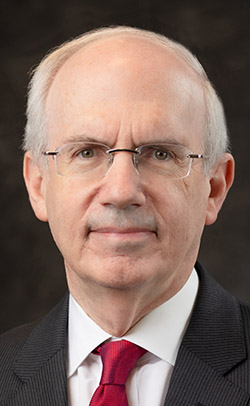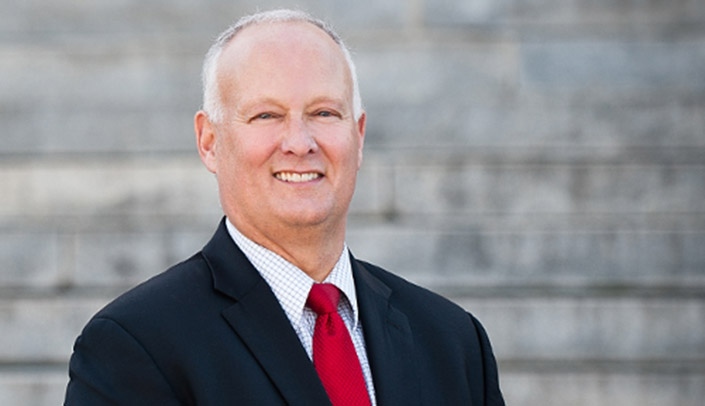Nebraska Attorney General Doug Peterson Wednesday announced a historic $26 billion multistate agreement that will help bring desperately needed relief to people across the country who are struggling with opioid addiction.
The agreement includes Cardinal, McKesson and AmerisourceBergen — the nation’s three major pharmaceutical distributors — and Johnson & Johnson, which manufactured and marketed opioids. The agreement also requires significant industry changes that will help prevent this type of crisis from ever happening again.
The three distributors collectively will pay up to $21 billion over 18 years. Johnson and Johnson will pay up to $5 billion over nine years with up to $3.7 billion paid during the first three years.
The majority of the money is to be spent on opioid treatment and prevention. Each state’s share of the funding has been determined by agreement among the states using a formula that takes into account the impact of the crisis on the state-the number of overdose deaths, the number of residents with substance use disorder, and the number of opioids prescribed-and the population of the state.
This settlement comes as a result of investigations by state attorneys general into whether the three distributors fulfilled their legal duty to refuse to ship opioids to pharmacies that submitted suspicious drug orders.
In 2016, the Nebraska Attorney General’s Office, UNMC, the Nebraska Department of Health and Human Services, along with the Nebraska State Patrol, the US Attorney’s Office and DEA officials, formed the Nebraska Coalition to End Opioid Misuse.
Since its inception, the coalition has been focused on opioid abuse treatment, prevention efforts and law enforcement issues. The coalition has taken several progressive steps to address opioid abuse in Nebraska, including changes in pain management training at medical education institutions, greater rural access for treatment through the ECHO (Extension for Community Healthcare Outcomes) program, and state professional guidelines for issuing opioid prescriptions and prevention education. However, with the anticipated settlement funds, Nebraska will be able to have greater ability to expand services especially in the area of treatment programs.
“I have greatly appreciated the significant efforts given in the last five years by the members of the Nebraska Coalition to End Opioid Misuse,” Peterson said. “As a result of those efforts, we have been able to reduce the impact of opioid misuse in our state. However, with the anticipated settlement funds, we should be able to make a significant impact in treating every Nebraskan who suffers from an opioid addiction. We will need to continue to be vigilant on this issue.”
 |
UNMC Chancellor Jeffrey P. Gold, MD |
“In collaboration with our statewide partners and as proud members of the coalition to stem opioid abuse, UNMC remains focused on the steady work to proactively address opioid abuse and help transform lives to create a healthy future,” said UNMC Chancellor Jeffrey P. Gold, MD. “We will actively participate in the next stages of this process and continue to address this public health issue through education, treatment and training of health professionals and health profession students.”
In 2020, the Nebraska Legislature enacted the Nebraska Opioid Prevention and Treatment Act with state, county, and municipal officials, and subject-matter experts in public health and addiction treatment throughout Nebraska. The Nebraska Opioid Prevention and Treatment Act is deferential to the particular terms of any settlement with any opioid defendant.
A separate lawsuit has been filed against Purdue Pharma, the largest manufacturer of prescription opioids. Purdue is in bankruptcy proceedings. The bankruptcy court is currently evaluating a proposed settlement with the states.
State negotiations were led by Attorneys General Josh Stein (North Carolina), Herbert Slatery (Tennessee), and the attorneys general from California, Colorado, Connecticut, Delaware, Florida, Georgia, Louisiana, Massachusetts, New York, Ohio, Pennsylvania and Texas.
